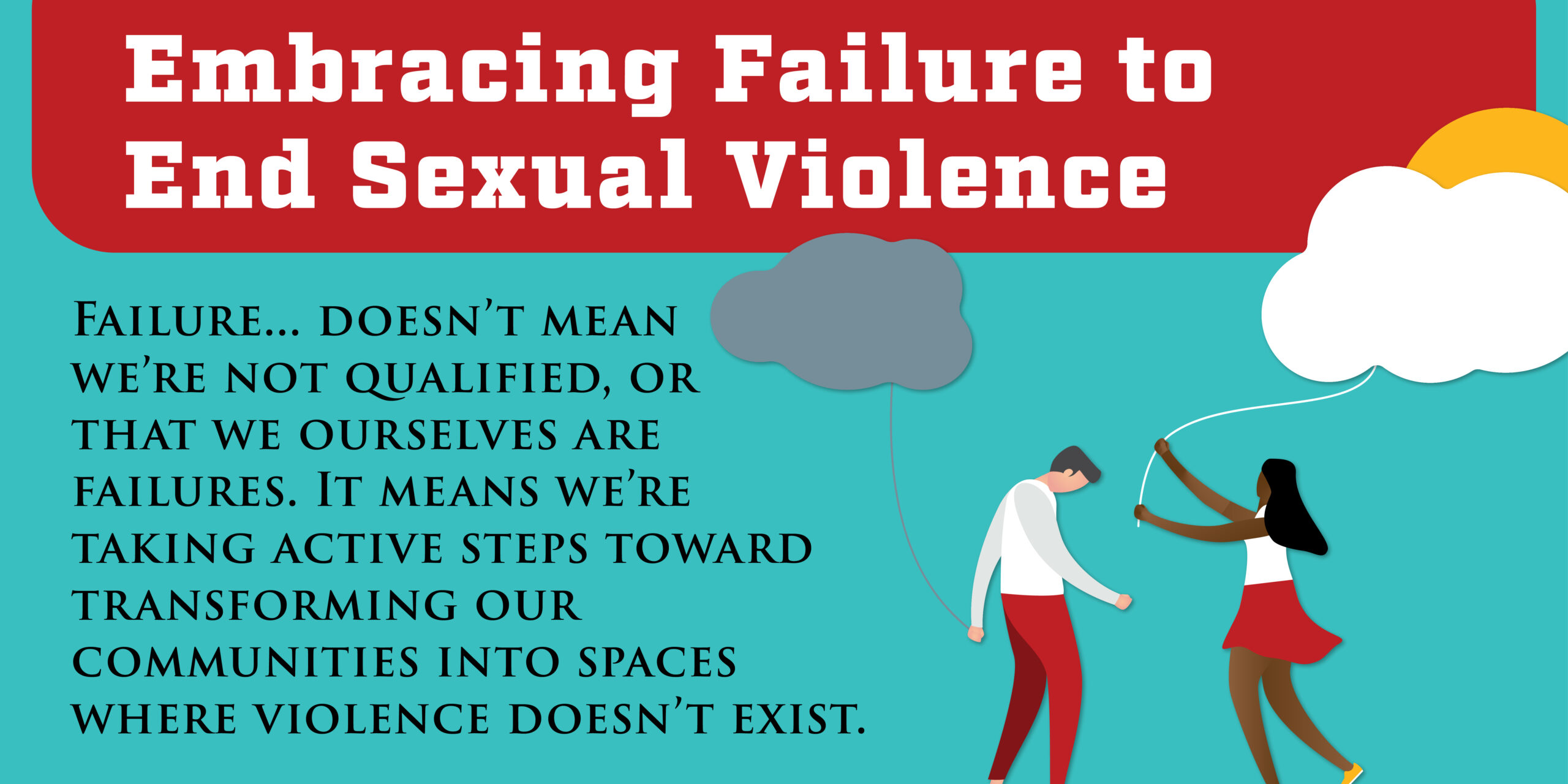
Lauren Rives, Student Staff Member
I have a confession to make: I’m a recovering perfectionist. I overthink things, trying to analyze every possible outcome to maximize my chances of success. I’m not great at delegating, since I want to make sure every detail of what I’m working on is going smoothly. I spend hours making things the best version they can be because I don’t want to mess anything up.
I’m guessing a lot of the people reading this feel similarly. Why? Well, we live in a world that values hard work and labor above almost everything else. Each and every one of us has been socialized to be like this as part of white supremacy culture, which describes a culture in which white or dominant ways of being are considered the norm, or the “right” way to do things. This hierarchical way of thinking has been translated into–and even encouraged in– the workspace, leaving us competing to be the most perfect and productive in whatever we do. We’re always suffering from a sense of urgency, individualizing work instead of working in community with others, and thinking that positive results are all that matter.
Despite how terrifying messing up is for us as a collective, failure can actually be a tool toward ending violence. At the MCVP, we aim to stop sexual violence before it happens (also known as primary prevention), but historically, institutional primary prevention efforts have been conflated with awareness and response and don’t actually intervene before harm occurs. This means that previous prevention efforts haven’t worked in a wide-scale way–evidenced by how rates of sexual violence haven’t changed on campuses since 1950 despite these prior interventions–so our approach to primary prevention doesn’t have many reference points. Because of this, almost everything we do at the MCVP is a new approach to preventing harm. Although we base what we do in what we observe our communities might need, in existing community organizing frameworks, and in research, at the end of the day, we’re doing new things. This means what we do could lead to things not panning out the way we hope them to, in projects never coming to fruition, or things being perceived in ways we didn’t expect–arguably, failing. We’re “building the plane as we fly it,” as our director, Chris Linder, likes to say.
As we’ve pursued new and transformative ways of addressing violence, each student staff member at the MCVP has had something not work out as intended. For me, specifically, I’ve felt like I failed when I decided to scrap the first violence prevention project I’d come up with because it wasn’t working out after an entire semester working on it. It was going to be a series of social media posts simulating conversations that might happen on Tinder to start having conversations about prevention on dating apps, but I ran into so many logistical problems that my passion for the project dried up. I also experienced a lot of imposter syndrome when the first blog I ever tried to write took me a full 8 months, three different drafts, and six pages worth of drafting notes to bring to fruition. At the time, I didn’t feel like I was qualified to be trying all these different things, and my fear of making a mistake and not doing this correctly held me back from trying to do anything at all.
It hasn’t been easy, but by creating a supportive community of peers and staff that actively try to go against white supremacy culture, and by being open about failure as a good thing in this space, we’ve each grown more comfortable with making mistakes and learning from them. Through our discovery process of what works with true violence prevention, we can remember that failure in this type of work doesn’t mean we’re not qualified, or that we ourselves are failures. It means we’re taking active steps toward transforming our communities into spaces where violence doesn’t exist. It means we know what doesn’t work–and we’re one step closer to knowing what might.
